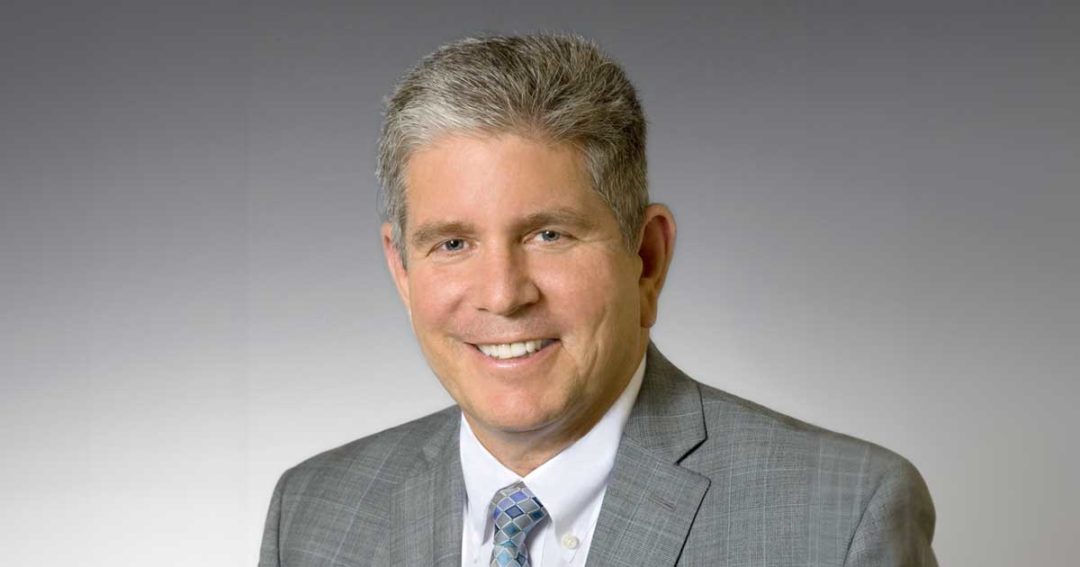
ITIN lending blends mission and margin
Serving immigrant communities benefits both communities and credit unions.
Lending to people without Social Security numbers isn’t just a way to serve communities in need, it’s good business, says Bob Thompson, chief lending officer at $352 million asset Eagle Community Credit Union in Foothill Ranch, Calif.
Eagle Community provides lending services for people with Individual Taxpayer Identification Numbers (ITIN), allowing it to serve un- or underbanked consumers who often turn to high-cost providers such as payday lenders and check cashers.
Thompson explains some of the issues involved in serving people with ITINs, the benefits to members and credit unions, and more.
America’s Credit Unions: Who are the primary users of ITIN loans, and what needs are they addressing?
Bob Thompson: Members who have ITINs typically aren’t born in the U.S. They have the same borrowing needs as any natural-born citizen, whether it's credit cards, auto loans, or other needs. We’re a community-based credit union serving two counties in Southern California, and want to be there to help our community like every credit union should.
Q: What are the most common loans for ITIN borrowers?
A: We have about $92 million in indirect auto loans, 40% of which are with people with ITINs.
When I came to this credit union and saw a need within the community, I talked to a lot of car dealers. They don’t have many options about where to send applicants with ITIN numbers because there aren’t many lenders who serve them.
Once these applicants come on board, we give them offers for unsecured loans, credit cards, and any other loans we’d offer any member. Many come through the door via the indirect channel.
We’re known for making loans to people buying manufactured homes. About 15% of our manufactured home loans go to applicants with ITIN numbers.
About 22% of our loans go to members with ITINs. It’s a big part of what we do.
A lot of these applicants come through referrals, whether it's brokers we work with on the manufactured home side or car dealers.
We want to be fair to all consumers by offering the best rate we can. They typically pay quite a bit more to go to another lender.
We’re all looking for more members. There’s a big underbanked population, specifically in the Hispanic market, who we want to serve. I think that opportunity exists throughout the country.
Q: What’s the rate differential between what you charge and what other providers charge for various loans?
A: Typically, our auto-loan rates are 3-4% lower than what people would get from other lenders who are doing ITINs. Our rates are all based on the applicant’s credit score, whether you have an ITIN or a Social Security number. We don’t differentiate based on where someone has an ITIN or Social Security number.
Q: How do you communicate the availability of this to people in the community?
A: It’s mostly through car dealerships, where it's on our rate sheet. Also, there’s a lot of word of mouth, where once we make a loan to somebody with an ITIN, they tell family members and friends.
It’s the same thing with manufactured homes, where the brokers we work with spread the word. They know we’re more of a creative lender. Many lenders won’t use bank statements to verify income, and many ITIN borrowers have jobs that don’t have W-2 forms. You must be open to other ways of verifying income.
Q: Are there other challenges or considerations involved with ITIN lending that don't exist with other types of credit?
A: The only restriction we have is that we need to get a copy of an ITIN issue letter from the IRS. You can also verify the ITIN through irs.gov. Sometimes we’ll need additional verification for loans sent through the auto dealer.
So, there may be an additional step to verify that the number is correct. Otherwise, we treat ITIN holders no differently than others as far as the verifications we do.
We do track how our borrowers perform, whether they have an ITIN or Social Security number. We know it’s good business, not only to help the community but for the credit union. Our charge-off ratio is lower for people with ITINs than members with Social Security numbers. Many lenders don’t expect that.
Q: Why is that?
A: I think part of it is culture. In the Hispanic market, if one family member is struggling, they might be able to reach out to another family member for help.
Family means something different to the Hispanic culture. They have people who are willing to help them out, and they’ll in turn help others if needed.
Q: What’s a good starting point for credit unions who want to get involved with this?
A: If you’re doing indirect lending, make sure it's on your rate sheet and that dealers know you're open to this type of business.
Look at your documentation and your forms to make sure they’re in Spanish and other languages. We’re updating our website to have several language options, and eventually we’ll have loan documents in Spanish.
The Hispanic market is growing across the U.S., and we’re all trying to grow and stay relevant. We’ve had great return on assets over the last several years, and much of that is based on our ITIN borrowers.
I’m here to help anyone who might need it if they have questions or need advice. It’s a great opportunity to serve your community.
